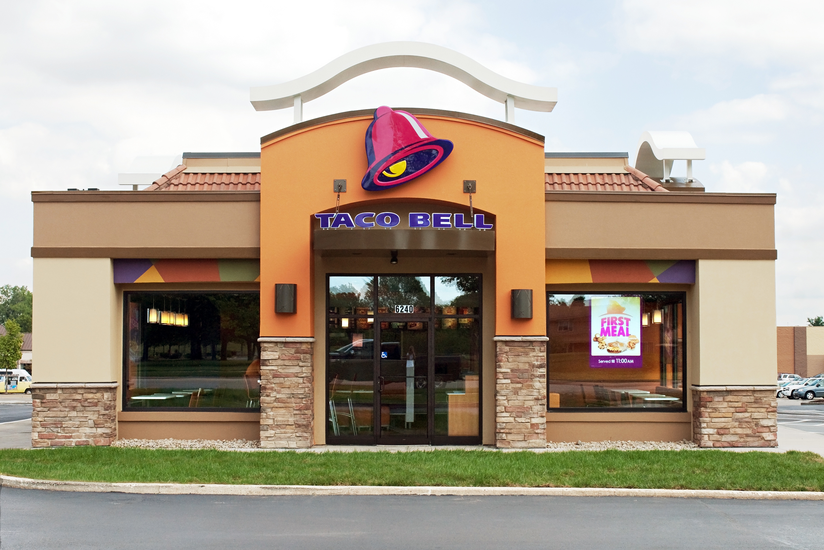Strange Beginnings
Through advertising, companies build brands consumers feel they can trust, but it's not always in their best interest to tell the whole truth. Many of the seemingly unimpeachable brands we encounter everyday conceal questionable labor practices and company origins that might make buyers reconsider buying their products. The following are some of the most recognizable brand names whose histories are surprising, disturbing or just downright bizarre.

































